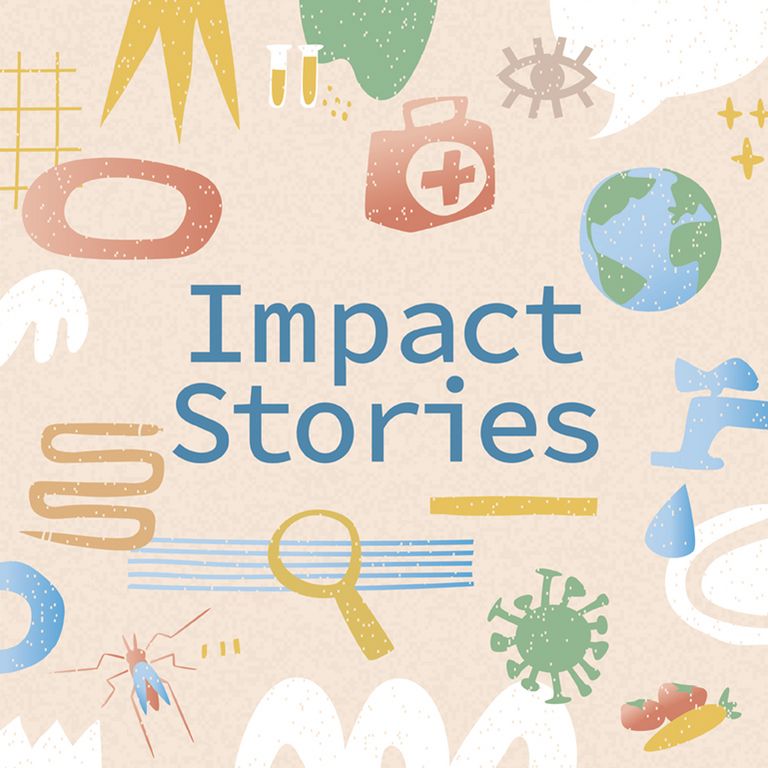

For some, breastfeeding is easy, but for many, it involves a series of physical, emotional and social hurdles. Problems with breastfeeding are more common than many people think. They can affect a mother’s decision to continue breastfeeding, her mental health and even her physical well-being.
The untold challenges
One of the most common difficulties with breastfeeding is physical discomfort or pain, such as poor latching, sore nipples or mastitis. While these problems can often be resolved with proper support, not all mothers have access to medical care or lactation counselling. Concerns about sufficient milk supply and societal pressure to breastfeed exclusively can cause anxiety and lead to early weaning, despite the best of intentions. Although everyone’s breastfeeding journey is unique, many women feel judged or unsupported in the face of these physical challenges.
Emotionally, breastfeeding can be just as demanding. Many new mothers feel overwhelmed and the societal expectations to ‘do it right’ adds strains. Mental health support for new mothers is often inadequate, which is all the more problematic as postnatal depression and breastfeeding difficulties go hand in hand.

Cultural expectations can also complicate the experience. In some cultures, breastfeeding is seen as the only acceptable way to feed a baby, leading to shame if difficulties arise or a mother decides to wean. Others may face judgement for breastfeeding in public, which can cause discomfort and make it hard to establish feeding routines outside the home.
Breastfeeding is also time consuming: exclusively breastfeeding mothers spend an average of five more hours per week feeding their babies than non-exclusive breastfeeding mothers. This can be exhausting, especially if they have to look after siblings or other family members, or return to work.
Even in countries with supportive maternity leave policies, balancing breastfeeding and work is tough, especially after short leave periods when routines are still developing. Jobs with rigid hours or inadequate workplace support, like insufficient time or space to pump, add significant stress and may lead to early weaning.

Availability and quality of professional support can vary widely, and access to lactation consultants or support services may be limited for geographical or financial reasons. Some women receive conflicting advice from health professionals, adding to stress and confusion. Inconsistent, non-evidence-based advice can leave women feeling unsupported, all of which affect breastfeeding success rates and maternal wellbeing.
The data gap: Understanding breastfeeding challenges
Breastfeeding mothers clearly face many challenges, but there is a significant data gap when it comes to our understanding of these struggles. In Switzerland, for example, a national breastfeeding study is only conducted every 10 years and covers a limited population. While these studies are valuable, they don’t capture the rapidly changing social, workplace and healthcare dynamics affecting breastfeeding women today.
The infrequent nature of this research means that important insights into the day-to-day realities of breastfeeding mothers are missing. Much can change in a decade - workplace policies can evolve, societal attitudes can change, and healthcare support can either improve or stagnate. In addition, important cultural and economic factors that shape the breastfeeding journey are often not taken into account. To truly understand the needs of breastfeeding women, we need more regular, inclusive and comprehensive data.
Why we need more data
Better data is essential to drive real change in support for breastfeeding mothers. More frequent and detailed data would provide valuable insights into how factors such as maternity leave policies, access to breastfeeding support and public attitudes towards breastfeeding affect women’s experiences. The need for change is clear, and it starts with listening to mothers and understanding their challenges. With this information, we can create stronger workplace policies, more effective healthcare interventions, and better-informed public health campaigns.
Ultimately, more comprehensive data would lead to meaningful improvements in care and support, ensuring that breastfeeding mothers have what they need to continue breastfeeding for as long as they choose.
